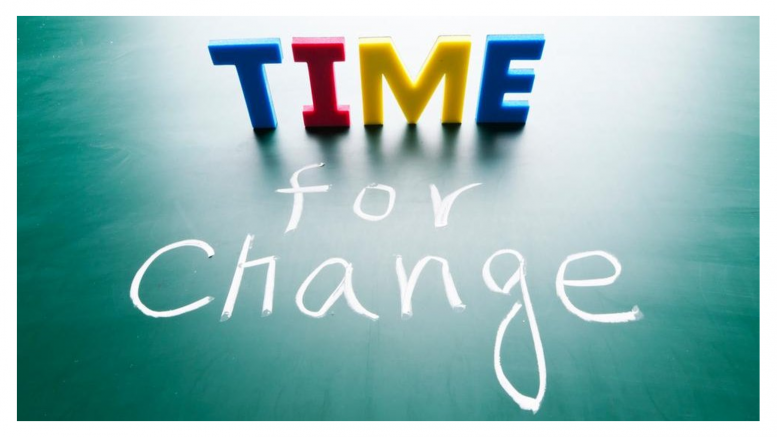Last week I was at the G20 Ministerial conference on women empowerment, held at Gandhinagar.
The discussion topic was ‘Beyond 2025 – Three bold G20 gender equality action areas.’ The three bold areas covered were gender responsive budgeting, care economy, and climate change and gender equality.
Comprising of government officials from the Ministry of Women & Child Welfare, NGOs, Funders, multinational bodies like UN For Women and ILO, and Corporate CSR professionals like myself, the discussion provided a 360-degree perspective on each of the three identified themes.
As I listened and understood the dynamics of each topic, it occurred to me that many of us are perhaps already investing a lot in women empowerment and in these very sub-topical areas. But the lens with which we were looking at all these has become clouded.
It is time to change y/our lens.
Gender responsive budgeting
In simple terms, gender responsive budgeting is about how government budgets contribute to the achievement of gender equality objectives. The UN Sustainability Development Goal (SDGs) No.5 on ‘gender equality’ recognizes that women empowerment places an important role in achieving SDGs.
While the focus on gender responsive budgeting is on government budgets, in the field of CSR, we can easily extrapolate this to projects focused on women empowerment. How do we increase our investment in this key area?
Once you look at the respective CSR programs through the lens of gender responsive budgeting, it is easy to identify and/or demarcate specific budgets only for women empowerment programs. These budgets will need to cover the whole gamut of spend, including monitoring and evaluation. We will also need to generate a gender impact analysis. This analysis can help generate dialogue and create an enabling environment for inclusion of women, making us take a step forward towards gender equality.
Care economy
As the name suggests, this is the work done (paid as well as unpaid) in taking care of either children, the elderly, or the sick. The point to debate was ‘How can the care work be monetised?’ It is no brainer that a large part of care work is performed by women. According to 2019 ILO calculations, women in Asia and the Pacific on an average spend approximately 265 minutes per day on unpaid work compared to 65 minutes spent by men. Imagine if that work was to be monetised! It would open the doors to a whole new economy that would benefit not just the country but also women.
Many CSR projects are focused on migrant workers or women laborer – these are women who also take care of children or parents and/or the household work. All of which is unpaid for. In CSR projects is it possible to build in metrics for measuring this unpaid work? Can we work towards developing data sets that can create a more equal world? We clearly need more deliberations and a framework to put this lens on.
Climate change and gender equality
If your CSR projects are focused on farmers and/or agriculture, you would be knowing how perturbed today’s farmer is with climate change. Uneven and uncertain rains. Floods. Depleting ground water levels. All of these have a profound impact on farming.
Women play a key role in agriculture but are often marginalised. According to the Intergovernmental Panel on Climate Change (IPCC), climate change impacts women and girls the hardest due to gendered roles and social norms. Women are nurturers. They are more adept at conservation. They have a strong instinct to protect. They can be a tremendous force of change when it comes to highlighting climate change issues. Yet, they have very little access to finances. The climate battle cannot be won without tackling gender equality. CSR professionals can design projects to make women central to programs aimed at climate resilient agriculture and sustainable farming practices.
Let us relook at the lens we wear and see how we can empower women to be the torch bearers of development.
‘When sleeping women awake, mountains will move’ – a Chinese proverb.
The views and opinions published here belong to the author and do not necessarily reflect the views and opinions of the publisher.



Be the first to comment on "Time to change y/our lens"